


Washing machine bearings are an essential component of any washing machine, as they help the drum to rotate smoothly during a wash cycle. Over time, however, these bearings can wear out and become noisy or even fail completely. But is it worth the hassle and expense of replacing them, or should you simply invest in a new washing machine? In this comprehensive guide, we will explore the pros and cons of replacing washing machine bearings, helping you make an informed decision.
First and foremost, let’s consider the cost. Replacing the bearings in a washing machine can be a challenging task that often requires professional help. This means you will be paying not only for the new bearings but also for the labor involved in the replacement process. Depending on your location and the specific model of your washing machine, this cost can vary significantly. It is important to weigh this cost against the price of a new washing machine, as sometimes replacing the bearings may be more cost-effective in the long run.
Another factor to consider is the age and condition of your current washing machine. If your machine is relatively new and still under warranty, it may be worth contacting the manufacturer or a repair technician to explore your options. In some cases, the bearings may be covered by the warranty, making the decision to replace them an easy one. On the other hand, if your washing machine is old and showing signs of other issues, it may be more practical to invest in a new machine that comes with a warranty and updated features.
Lastly, it is important to consider the level of effort and inconvenience involved in replacing washing machine bearings. If you are handy and have experience with DIY repair projects, you may be able to save some money by tackling the replacement yourself. However, keep in mind that this process can be time-consuming and may require specialized tools. Additionally, if you rely heavily on your washing machine and cannot be without it for an extended period of time, replacing the bearings may not be the best option for you.
In conclusion, the decision to replace washing machine bearings ultimately depends on a variety of factors, including cost, age, and condition of your current machine, and your own personal circumstances. It is important to carefully consider these factors and weigh the pros and cons before making a final decision. Consulting with a professional repair technician can also provide valuable insight and guidance. With the right information and guidance, you will be able to make an informed decision that best suits your needs and budget.
Importance of Washing Machine Bearings
Washing machine bearings play a crucial role in the smooth functioning of the appliance. These small, round metal parts are responsible for ensuring that the drum of the washing machine rotates smoothly and efficiently.
Here are a few reasons why washing machine bearings are important:
- Reduced Noise and Vibration: When the bearings are in good condition, they help in reducing noise and vibration during the washing and spinning cycles. This ensures a quieter operation and prevents unnecessary disturbances.
- Longer Lifespan: By replacing worn-out or damaged bearings, you can extend the lifespan of your washing machine. When the bearings are functioning properly, they help in maintaining the stability and balance of the drum, preventing excessive wear and tear.
- Efficient Cleaning: When the drum rotates smoothly, it allows the laundry to move freely within the machine, resulting in a more thorough and efficient cleaning process. Properly functioning bearings contribute to an effective washing performance.
- Saves Energy: When the bearings are in good condition, the washing machine operates more efficiently, consuming less energy. This can help reduce your electricity bills and have a positive impact on the environment.
- Prevents Damage to Other Parts: If the bearings are worn-out or damaged, they can cause stress on other components of the washing machine, such as the motor or drum. By replacing faulty bearings, you can prevent further damage to these parts and avoid costly repairs.
It is important to note that washing machine bearings can wear out over time due to factors such as heavy usage, overloading, or lack of proper maintenance. Regular inspection and timely replacement of bearings can help ensure the smooth and efficient functioning of your washing machine for years to come.
Signs of Worn-out Bearings
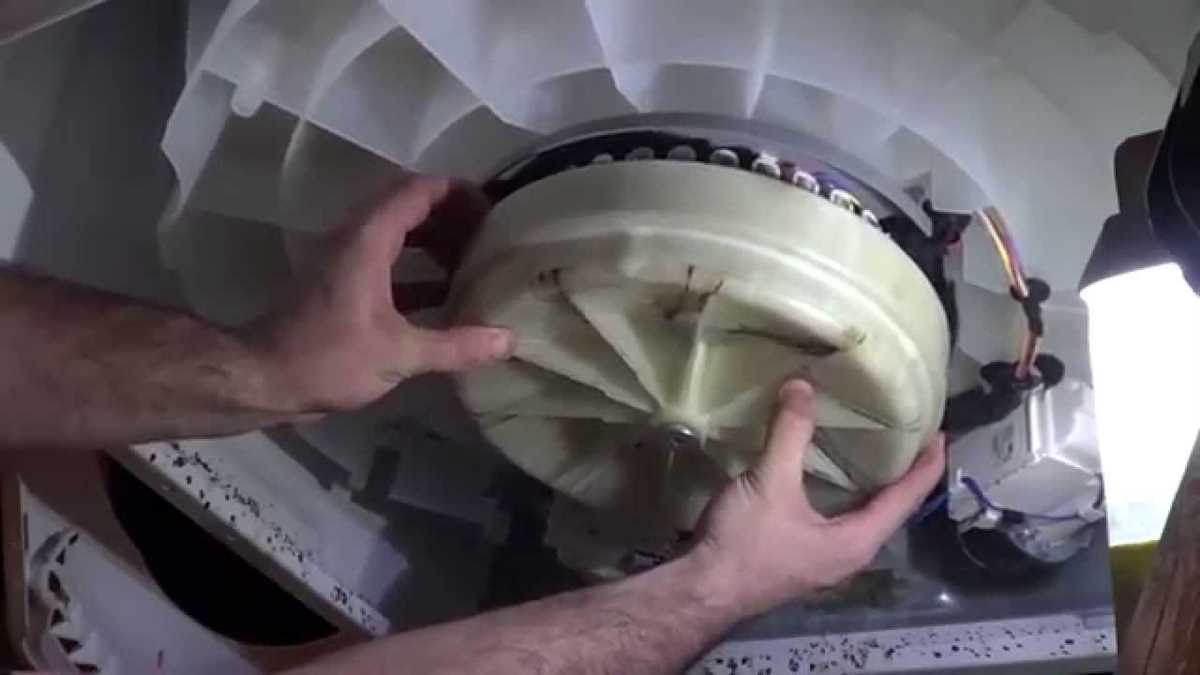
- Noise: One of the most common signs of worn-out bearings is noise. You may hear a loud banging or grinding sound coming from the washing machine during the spin cycle. This noise is caused by the bearings failing to support the drum properly, resulting in friction and unnecessary movement.
- Leaking: Another sign of worn-out bearings is water leaking from your washing machine. When the bearings become worn, they can loosen and cause the drum to become misaligned. This misalignment can lead to water leaking from the washing machine.
- Excessive Vibration: If you notice that your washing machine is vibrating excessively, it may be a sign of worn-out bearings. The bearings play a crucial role in stabilizing the drum and if they are worn, it can cause the drum to become unbalanced, resulting in excessive vibration during the spin cycle.
- Difficulty Spinning: Worn-out bearings can also cause the drum of your washing machine to have difficulty spinning. You may notice that the drum is not spinning as freely or as smoothly as it used to. This can prevent your clothes from being properly cleaned and can also put extra strain on other components of the washing machine.
- Increased Energy Usage: If the bearings in your washing machine are worn-out, it can lead to increased energy usage. The extra friction and strain caused by the worn-out bearings can cause the motor to work harder, resulting in higher energy consumption.
- Shorter Lifespan: Lastly, worn-out bearings can significantly shorten the lifespan of your washing machine. If the bearings are not replaced in a timely manner, the excessive wear and tear can lead to damage to other parts of the washing machine, resulting in costly repairs or the need for a new appliance.
Benefits of Replacing Washing Machine Bearings
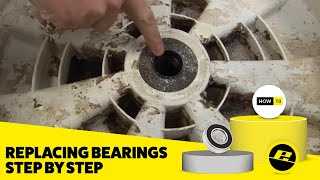
Replacing the bearings in your washing machine can provide several benefits. Here are some of the key advantages:
-
Improved performance and efficiency: Over time, the bearings in a washing machine can wear out, leading to decreased performance and efficiency. By replacing the bearings, you can restore the smooth operation of the machine, ensuring that it cleans your clothes effectively and uses energy efficiently.
-
Extended lifespan: Washing machine bearings play a crucial role in supporting the drum and allowing it to rotate smoothly. When the bearings are worn or damaged, they can cause excessive noise, vibrations, or even complete failure of the machine. By replacing the worn bearings, you can potentially extend the lifespan of your washing machine and avoid costly repairs or replacements.
-
Reduced noise and vibrations: One common symptom of worn bearings in a washing machine is increased noise and vibrations during operation. Replacing the bearings can help eliminate these issues, providing a quieter and more enjoyable laundry experience.
-
Cost savings: While replacing the bearings in a washing machine may require some upfront investment, it can ultimately save you money in the long run. By restoring the machine’s performance and efficiency, you can reduce energy consumption and potentially lower your utility bills. Additionally, by avoiding a complete machine replacement, you can save a significant amount of money that would otherwise be spent on purchasing a new washing machine.
-
Improved reliability: A washing machine with worn bearings can be unpredictable and prone to breakdowns. By replacing the bearings, you can improve the overall reliability of the machine, reducing the chances of unexpected issues or malfunctions.
Overall, replacing the bearings in your washing machine can offer various benefits, including improved performance, extended lifespan, reduced noise, cost savings, and increased reliability. It is a worthwhile investment that can help you maintain a well-functioning and efficient laundry appliance.
Costs and Considerations
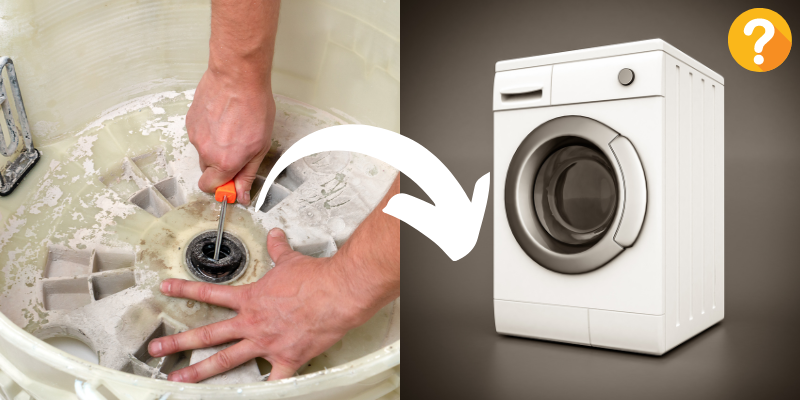
Before deciding to replace the bearings in your washing machine, it is important to consider the costs involved and weigh them against the benefits. Here are some factors to consider:
1. Cost of Parts
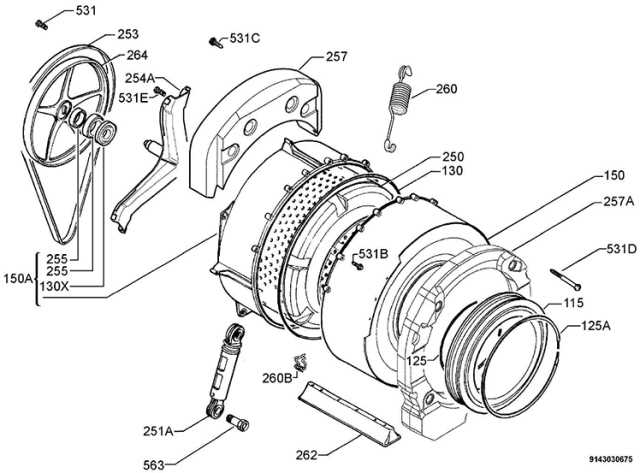
The cost of bearings can vary depending on the brand and model of your washing machine. It is recommended to use genuine manufacturer parts for better quality and compatibility. You can check the manufacturer’s website or contact their customer service to get an estimate of the cost.
2. Labour Costs
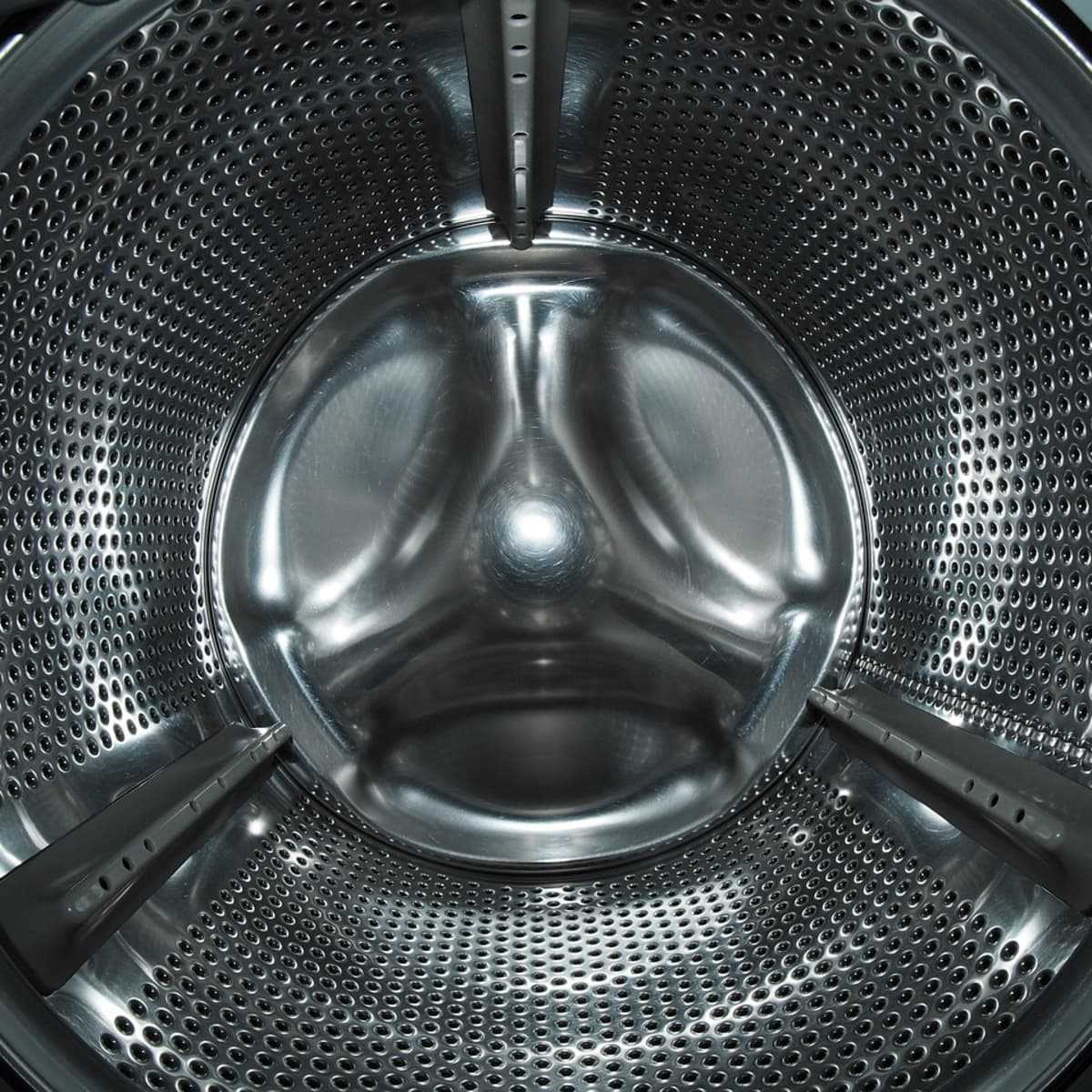
Unless you have the necessary skills and knowledge, replacing the bearings in a washing machine is a complex task that generally requires professional help. Consider the cost of hiring a technician or repairman to do the job for you. You can request quotes from different service providers to compare their prices.
3. Age and Condition of the Washing Machine

If your washing machine is relatively new and in good overall condition, it may be worth replacing the bearings. However, if the machine is old and has been showing signs of other issues like leaks or motor problems, it may not be cost-effective to invest in bearing replacements.
4. Future Maintenance
Replacing the bearings in your washing machine can extend its lifespan, but it is important to consider the overall maintenance needs of the machine in the future. If other components are likely to fail soon or if the machine requires frequent repairs, it may be more cost-effective to invest in a new washing machine instead.
5. DIY vs Professional
While it is possible to replace the bearings yourself, it requires technical expertise and specialized tools. If you do not have experience in appliance repair, it is recommended to hire a professional. Consider the time and effort involved in DIY repairs versus the convenience and expertise offered by a professional.
6. Warranty Coverage
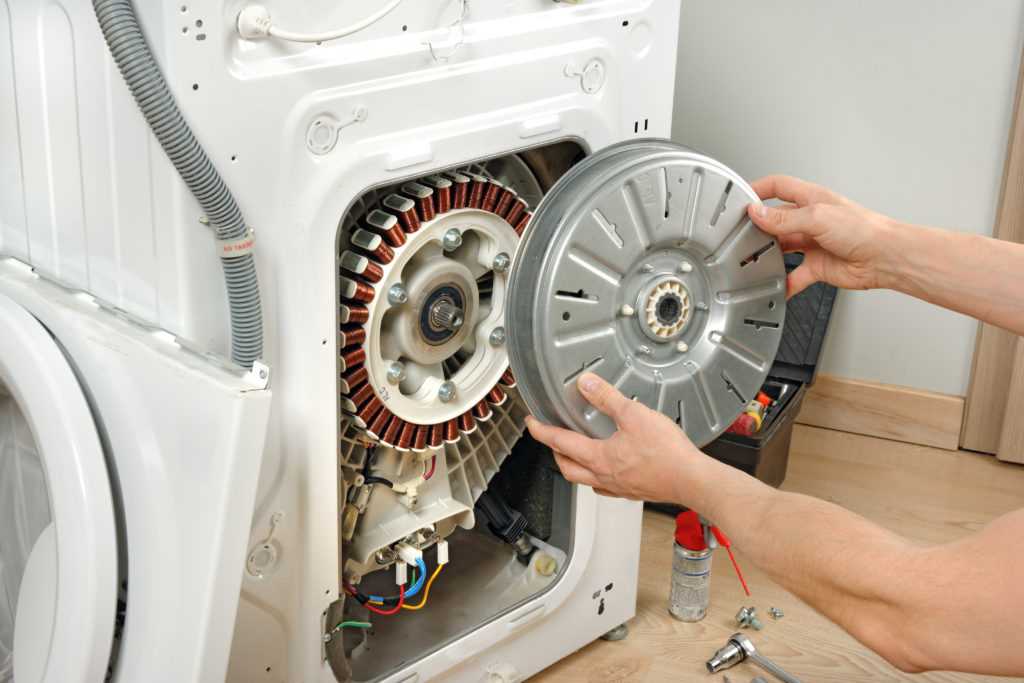
Check if your washing machine is still under warranty. Replacing the bearings on your own may void the warranty, so it is important to factor in any warranty coverage when making your decision. If the machine is still covered, contacting the manufacturer for repair or replacement options may be the best course of action.
Considering these factors will help you make an informed decision on whether it is worth replacing the bearings in your washing machine. It is advisable to consult with professionals or seek advice from reputable sources to get a better understanding of your specific situation.
FAQ
Why do washing machine bearings need to be replaced?
Over time, the bearings in a washing machine can wear out due to regular use and the high speeds at which the drum spins. When they become worn or damaged, they can cause the machine to make loud noises or vibrate excessively. Replacing the bearings can help restore the smooth and quiet operation of the washing machine.
How can I tell if the bearings in my washing machine need to be replaced?
There are a few signs that may indicate that the bearings in your washing machine need to be replaced. These include loud noises during operation, excessive vibration, leaking water, or the drum not spinning smoothly. If you notice any of these symptoms, it is worth checking the bearings to see if they need to be replaced.
Can I replace the bearings in my washing machine myself?
Replacing the bearings in a washing machine can be a complex and time-consuming task. It typically involves disassembling the machine and removing the drum to access the bearings. If you have experience with appliance repairs and the necessary tools, you may be able to replace the bearings yourself. However, if you are not confident in your abilities, it is recommended to hire a professional technician to ensure the job is done correctly.
Is it worth the cost to replace the bearings in a washing machine?
The cost of replacing the bearings in a washing machine can vary depending on the model and the technician’s fees. However, in many cases, it is worth the cost to replace the bearings rather than purchasing a brand new machine. Replacing the bearings can extend the life of your washing machine and restore its performance, saving you money in the long run.
How long do washing machine bearings usually last?
The lifespan of washing machine bearings can vary depending on factors such as usage frequency and the quality of the bearings. On average, bearings can last anywhere from 5 to 15 years. Regular maintenance and proper care can help prolong the lifespan of the bearings and prevent premature wear.
How do I know if my washing machine bearings need to be replaced?
You may need to replace the bearings if your washing machine is making loud noises during the spin cycle or if you notice excessive vibration. Other signs may include a leaking washing machine or clothes coming out of the washer still wet.












